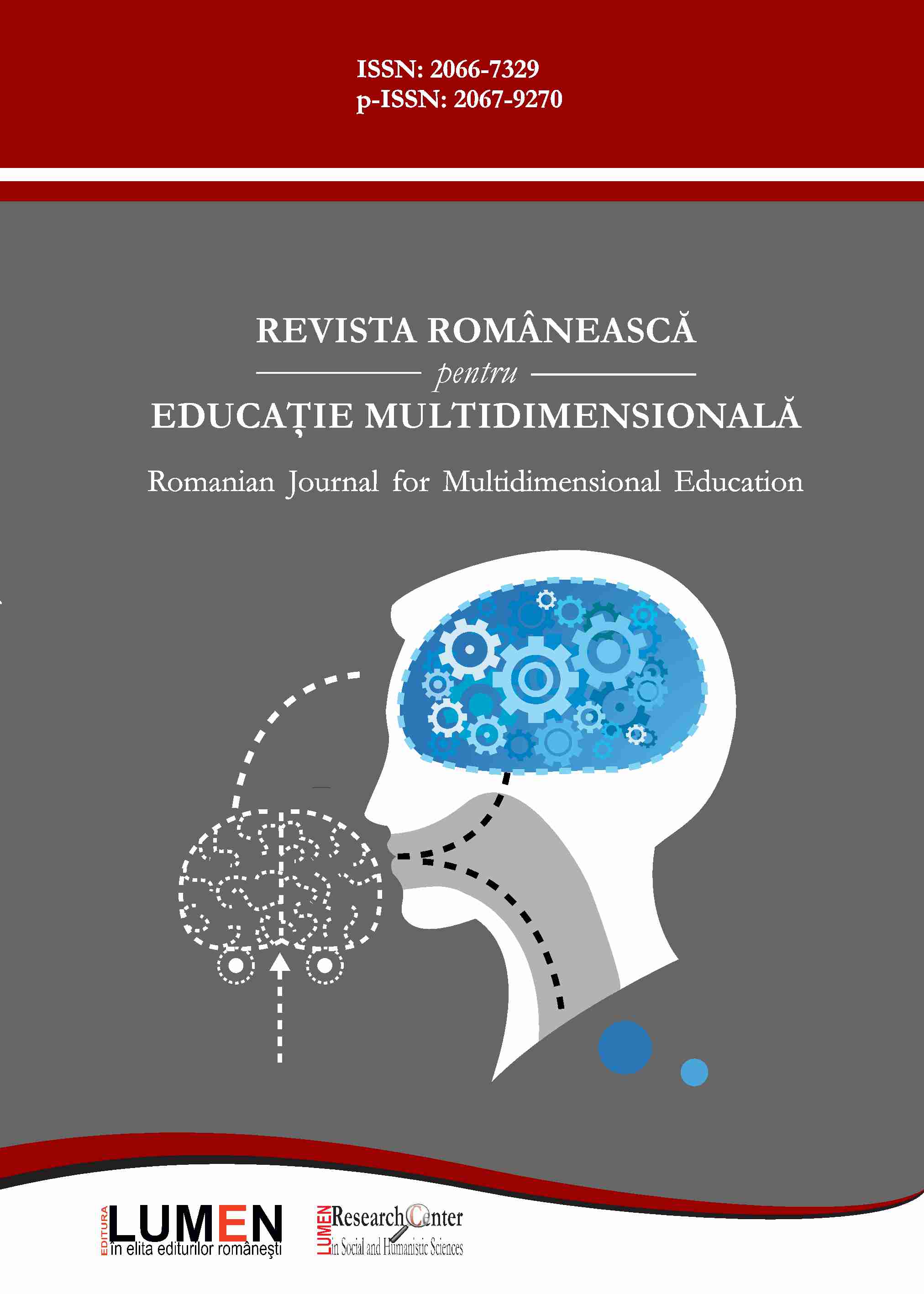Training an Andragogue as a Specialist in Adult Education
Training an Andragogue as a Specialist in Adult Education
Author(s): Oksana Samoilenko, Oleksandra Dubaseniuk, Ildikó Orosz, Marianna Levrints, Tetiana Stratan-Artyshkova, Nataliіa GunkoSubject(s): Adult Education
Published by: Editura Lumen, Asociatia Lumen
Keywords: adult education; andragogue; lifelong learning; empirical model of learning; integral and role teacher positions;
Summary/Abstract: The problem of adult education is actualized in the context of today, due to the introduction of continuing education and the need for lifelong learning. One of the priorities of education is always relevant to the preparation and development of the staffing potential of the education system, including adult education. The leading specialist in this field is andragogue as a specialist in training, counseling, providing social assistance and performing organizational and managerial functions in the adult environment. The relevance and demand for the training of andragogues is conditioned by the growing influence of education on the course of socio-economic, political, and cultural development of the world community. In order to find out the real state of andragogue preparation in Ukraine, the authors developed and tested a questionnaire of online adult education experts using the Google form. The results of the study show that representatives of state institutions, non-governmental organizations and public associations have enough scientific and practically oriented experience in the field of adult education. Their activities are centered around providing adult education and counseling services to careers, mobility, retraining and life trajectory design. The need for training andragogues as specialists in the field of adult education capable of effectively organizing the adult learning process has been identified. Respondents identified significant personal qualities of the andragogue: organizational and communicative abilities, broad outlook, emotional stability, availability of analytical, prognostic and project skills and cognitive activity.
Journal: Revista Românească pentru Educaţie Multidimensională
- Issue Year: XII/2020
- Issue No: 2
- Page Range: 237-250
- Page Count: 13
- Language: English

